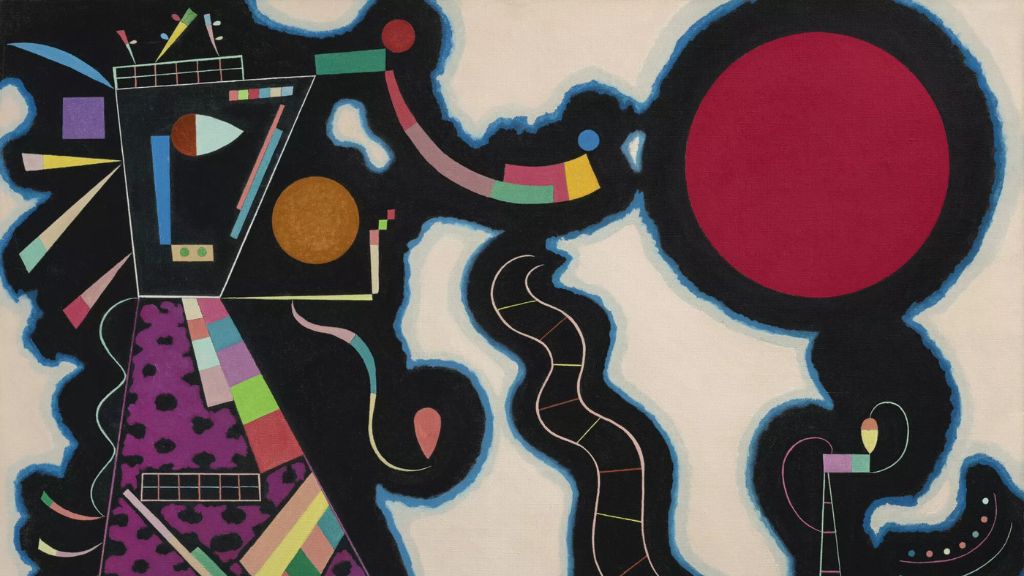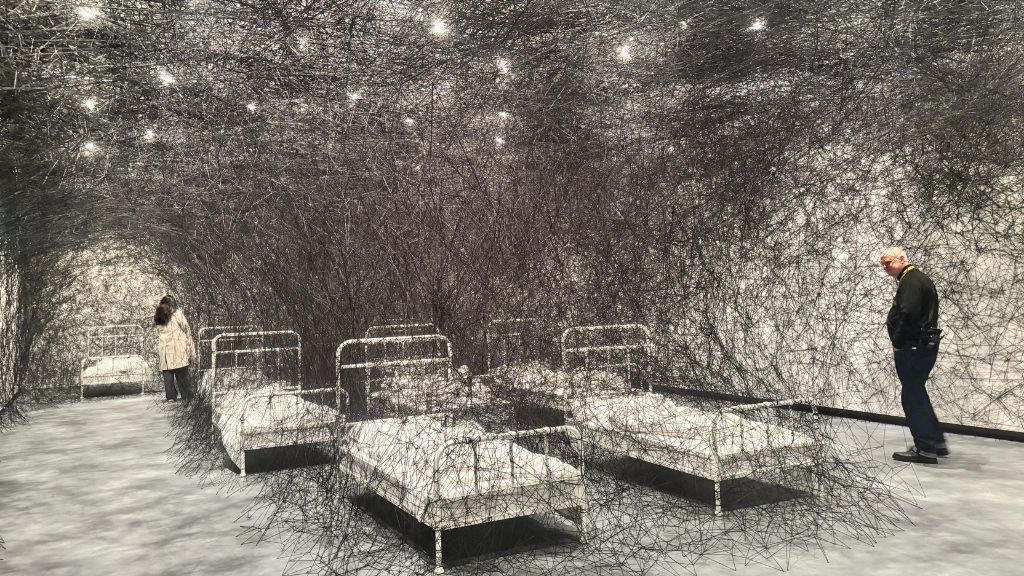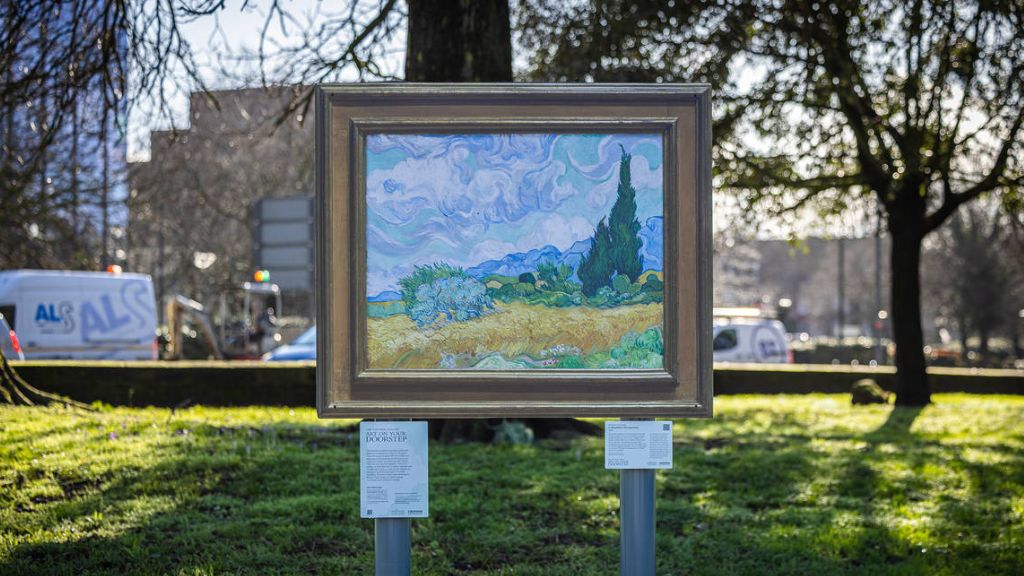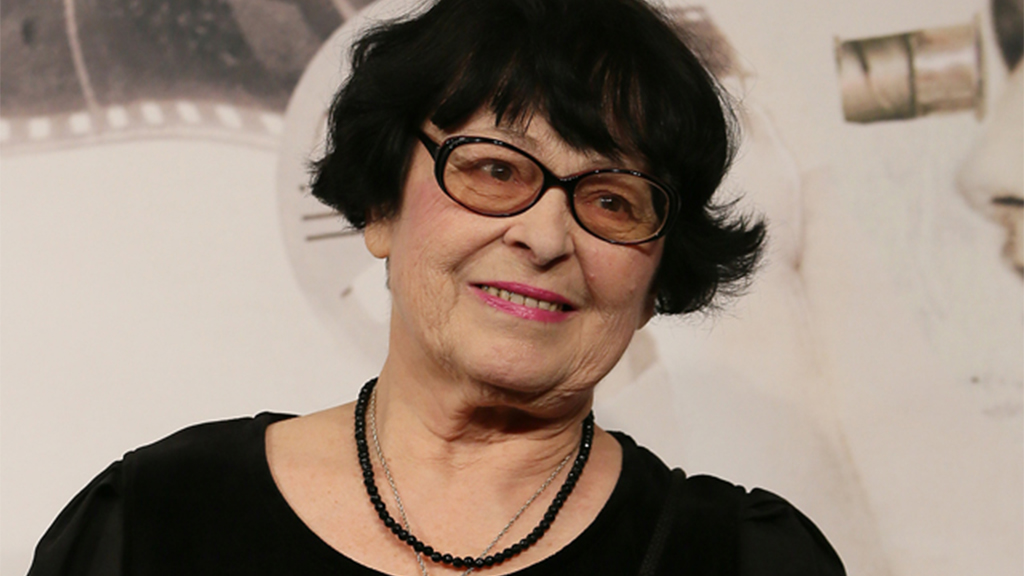
Pick of the week: Kira Muratova’s “Three Stories”
One can consider Kira Muratova a mystery of both Soviet Russian and Ukrainian cinema — her work cannot be defined within any specific framework, attributed to a certain country or characterised by just one genre. Until perestroika, Muratova’s films were subjected to strict censorship and were only known in rather small circles. Later on, foreign festivals began enthusiastically accepting her films, while critics put her on a par with Antonioni and Hitchcock. This week, a British streaming platform Klassiki gives everyone an opportunity to watch one of Muratova’s films, Three Stories, — an anthology about the wickedness of human nature.
Just like her work, Kira Muratova is a person, who does not belong to any particular country. She was born in present-day Moldova in the city of Soroca; however, back then this territory was called Bessarabia and belonged to the Kingdom of Romania. Then her family moved to Bucharest and, after the annexation of Bessarabia by the USSR, to Chisinau. With the outbreak of World War II, Kira and her mother were evacuated, while Kira’s father was shot for participating in the anti-fascist partisan movement (according to some sources, he went missing). While in evacuation, Kira Muratova, then Korotkova, visited both Tashkent and Ufa.
With the end of the war, the future director returned to Bucharest, where her mother, Natalia Itskovna, worked in the Ministry of Culture of the Socialist Republic of Romania and later became Deputy Minister of Culture. Holding Romanian citizenship, Kira Korotkova enrolled in Moscow State University (by the end of the 80s she got Soviet citizenship and, after the collapse of the USSR, — Ukrainian), where she studied philology. But instead of becoming a philologist, she became a director: Muratova graduated from VGIK (Gerasimov Institute of Cinematography), where her mentor was Sergei Gerasimov himself, to whom the film Three Stories is dedicated. Then, almost for the rest of her life, Kira Muratova lived and worked in Odessa — it is not surprising that after so many changes of scenery she formed a unique vision of the world.
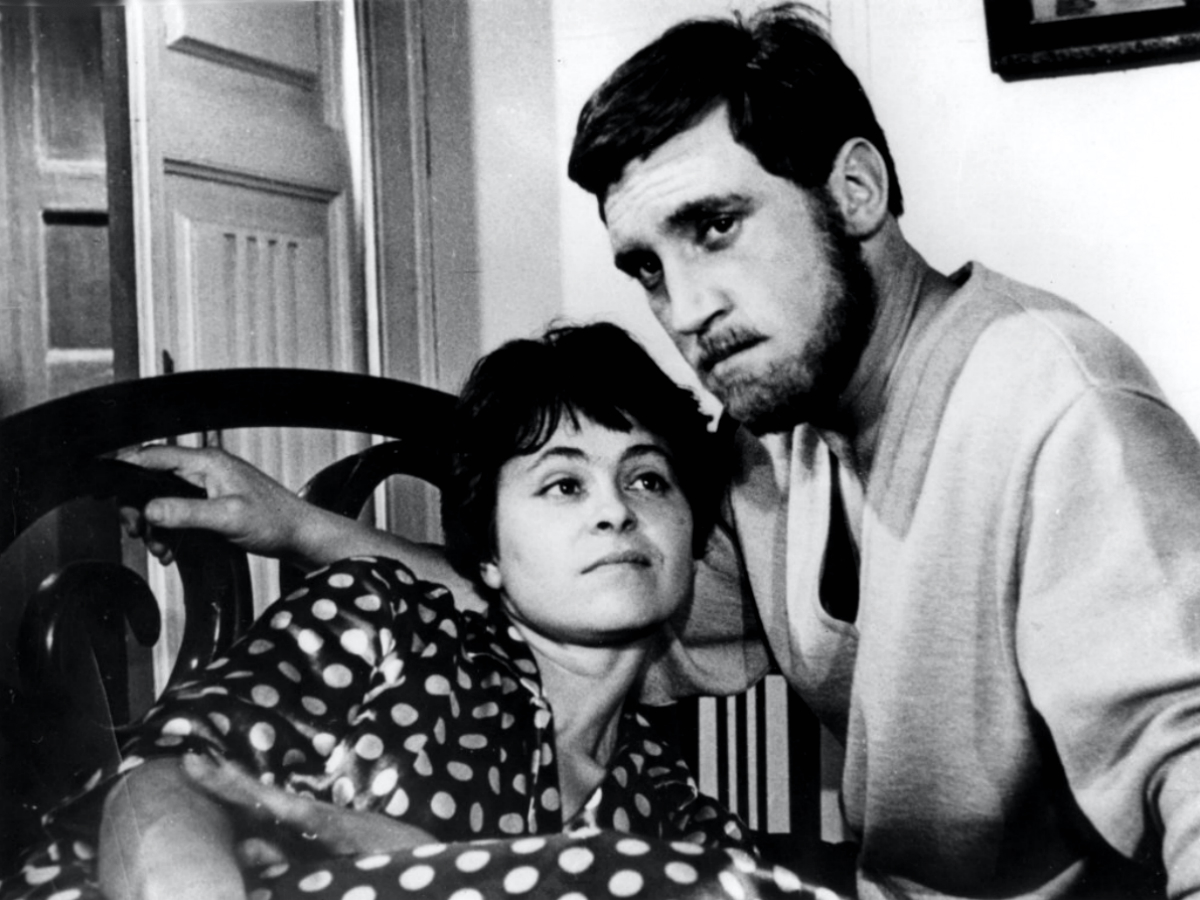
Kira Muratova and Vladimir Vysotsky in “Brief Encounters”.
Muratova’s directorial debut was a short film Spring Rain, which she made with her then future husband Aleksandr Muratov. Thereafter, she moved to Odessa, where in 1961 she became a director at the Odessa Film Studio. Her first independent project was a feature film called Brief Encounters, where she played the leading role together with Vladimir Vysotsky — a prominent Soviet singer, poet and actor. However, this film did not only mark the beginning of Kira Muratova’s career as an independent director, but also the beginning of her persecution by the Soviet regime — Brief Encounters, even though shot in 1967, was for the first time seen by the public only in 1987. Her other film, The Long Farewell, was banned by a special resolution of the Central Committee of the Communist Party of Ukraine, which is why it was released only after the beginning of perestroika. Then Muratova began getting into constant conflicts with the film studio, so she had to temporarily leave Odessa for Leningrad, where she made her only “Lenfilm” work, Getting to Know the Big, Wide World.
“In the early 80s, she was disqualified as a director and worked at the Odessa Film Studio not as a cleaner, of course, as the legend says, but as an editor, then as a librarian. Soon the Fairy Godmother appeared to Cinderella — she was bald, with a spot on her forehead. And she invited Cinderella to the ball. Back then this happened to many.”
Remembers Yulia Belomlinskaya, an artist, poet and singer
Read more: How Britain discovered Gorbachev, and Gorbachev discovered Britain
Muratova’s films were considered bourgeois, they were scolded for having a deliberately complex style and appealing to “sublime” themes, which were deemed too far from Soviet ideology. Because of that, they were banned or subjected to strict censorship. Because of the persecution, she even had to work at the film studio as a librarian and not a director. Kira Muratova was a real nonconformist — she did not belong to any styles, schools or trends. Her genius was finally unleashed only after perestroika and the collapse of the USSR, which affected her career extremely favourably. She had more work, her previously banned films have finally seen the light of day, and in cinematic circles it has become commonplace to admire her oeuvre.
“The Soviet cinematographic nomenclature scoffed at her with some astonishing sadistic persistence, trying to discourage her from making films. And this gentle, fragile woman with a surprisingly sweet face and sadly cheerful eyes did not obey. They could not ‘get to’ Kira in any way. The talent immediately restored her mental strength, and she again went to battle with those who unsuccessfully tried to break her.”
Oleg Tabakov on Kira Muratova in his book My Real Life
One of Muratova’s most striking works is The Asthenic Syndrome, which was released in 1989 and won the Silver Bear at the 40th Berlin Film Festival. Subsequently, each of her films was a success with the Western public and at Russian film festivals; however, despite the recognition, she still continued to stand apart from the rest of the film world, and her work, although appreciated in small professional circles, is still little known outside the post-Soviet space.
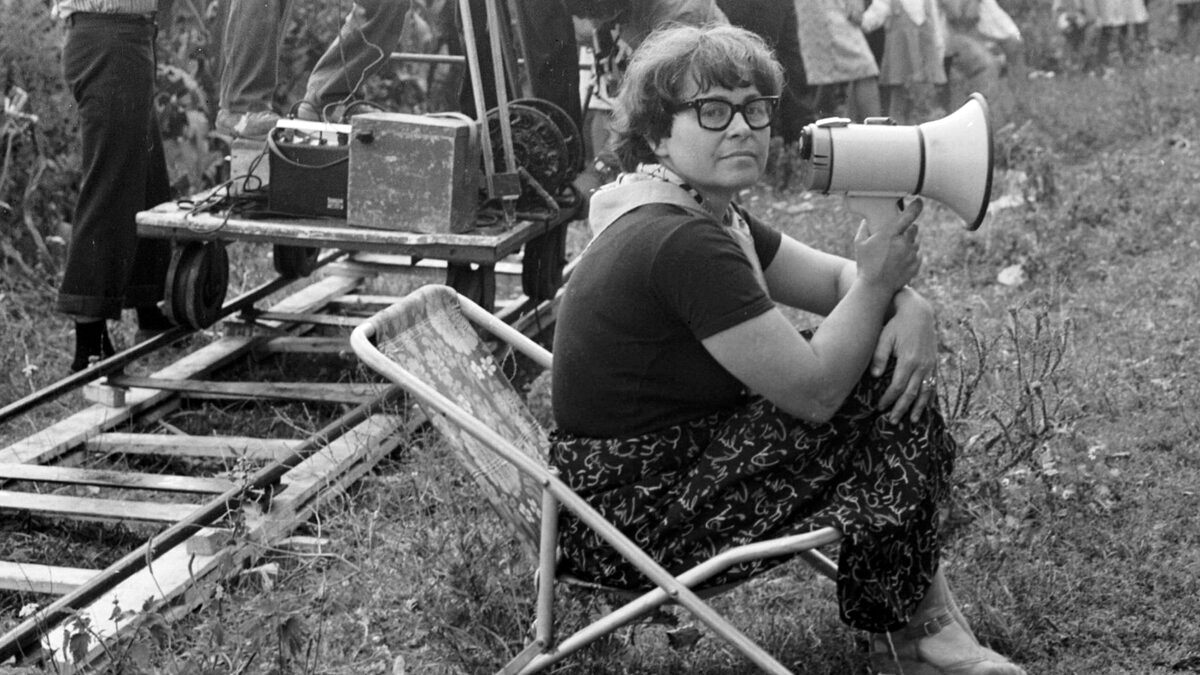
Kira Muratova shooting “Change of Fate”.
By the way, it was thanks to Kira Muratova that the world has got to know one of the brightest Russian female directors of our time, Renata Litvinova. Muratova ‘discovered’ Litvinova by reading her term paper in a magazine called “Kinoscenarii”, which was then extremely popular in the professional community. Muratova even wanted to make a film from the debut script of the then unknown graduate of the Gerasimov Institute of Cinematography. Furthermore, it was with Muratova that Renata Litvinova for the first time appeared as an actress, starring in the film Passions — before that she strictly adhered to the role of scriptwriter-director. Moreover, quite recently, in February 2021, Litvinova released her new film The North Wind, which is dedicated to Kira Muratova.
“The main life lesson Kira taught me is to be at a distance, alone, separate. To be able to go against everyone. To be annoying, to be able to come to terms with misunderstanding and still carry on. And she taught me to love cinema. And to forgive. And she also taught me to be a female director. She was like my second university, which lasted almost thirty years.”
Renata Litvinova talks about Kira Muratova to AfishaDaily
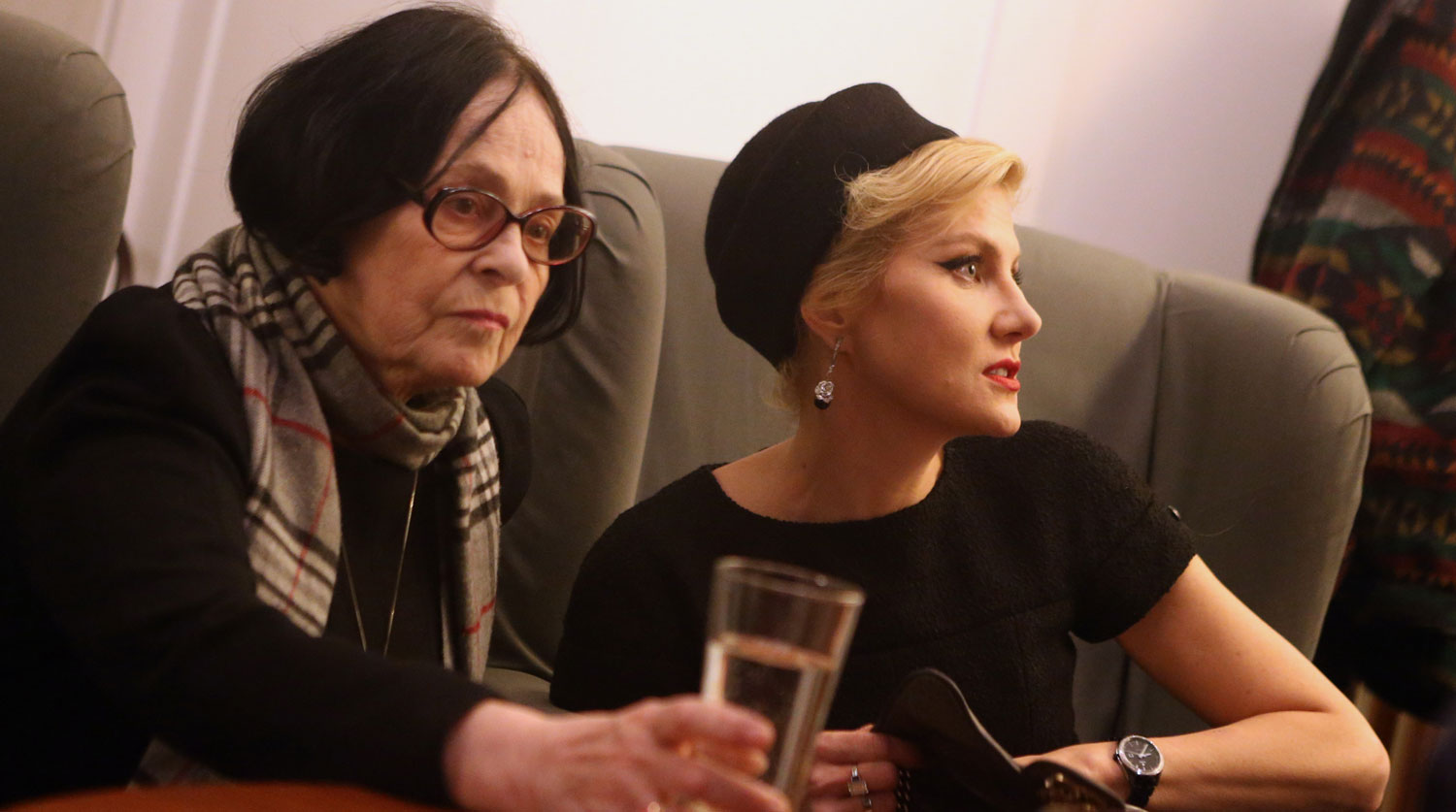
Kira Muratova and Renata Litvinova. Photo: Вячеслав Прокофьев/ТАСС
Three Stories | Три истории
dir. Kira Muratova, 1997
Three Stories is a three-part film that tells the stories of unrelated people who through chance become murderers. The main character of the first story called Boiler Room #6 is an ordinary man, portrayed by Sergei Makovetsky, who kills an unbearable neighbour and brings her body to a boiler room where his friend, who is also a poet and keeps a homosexual brothel, works. Ophelia tells the story of a woman, portrayed by Renata Litvinova, who loves no one — neither women, nor men, nor children. Perhaps one of the most striking quotes from this film is Ofa’s (Ophelia’s) line “I give this planet a zero”. Ofa especially hates mothers who abandoned their children because she herself was once left in the hospital. Working in the hospital archive, she is looking for her mother, and her intentions are far from good.
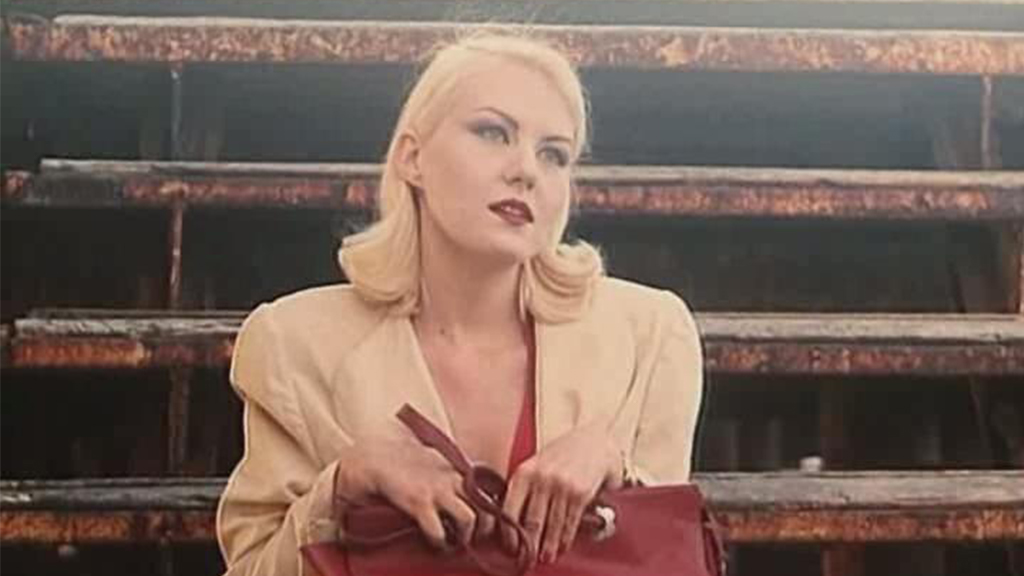
A still from “Three Stories”.
“Perhaps today the role in Three Stories by Kira Muratova, despite being small, is one of those most dear to me in cinema.”
Oleg Tabakov on his role in Three Stories
Oleg Tabakov’s character in the third story, A Girl and Death, himself becomes a victim of murder — the old man is killed by a little girl, who gives him rat poison. Actually, initially Muratova offered Tabakov to play the role of an old woman, to which he reacted without much enthusiasm, so she rewrote the script for him, and the old woman turned into an old man.
Watch in excellent quality with English subtitles on Klassiki
Cover photo: Kira Muratova (Alessia Paradisi/PA Photos)
Read more:
Felix Yusupov and Princess Irina of Russia: love, riches and emigration
Justine Waddell on launching Klassiki: a streaming platform for Russian cinema
SUBSCRIBE
Receive our digest once a week with quality Russian events and articles
